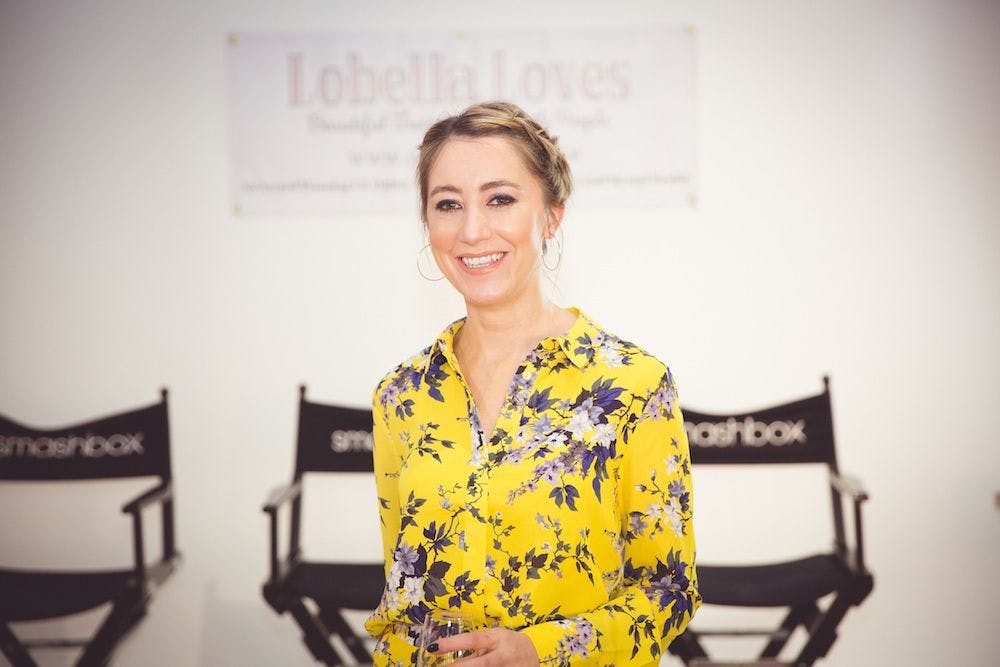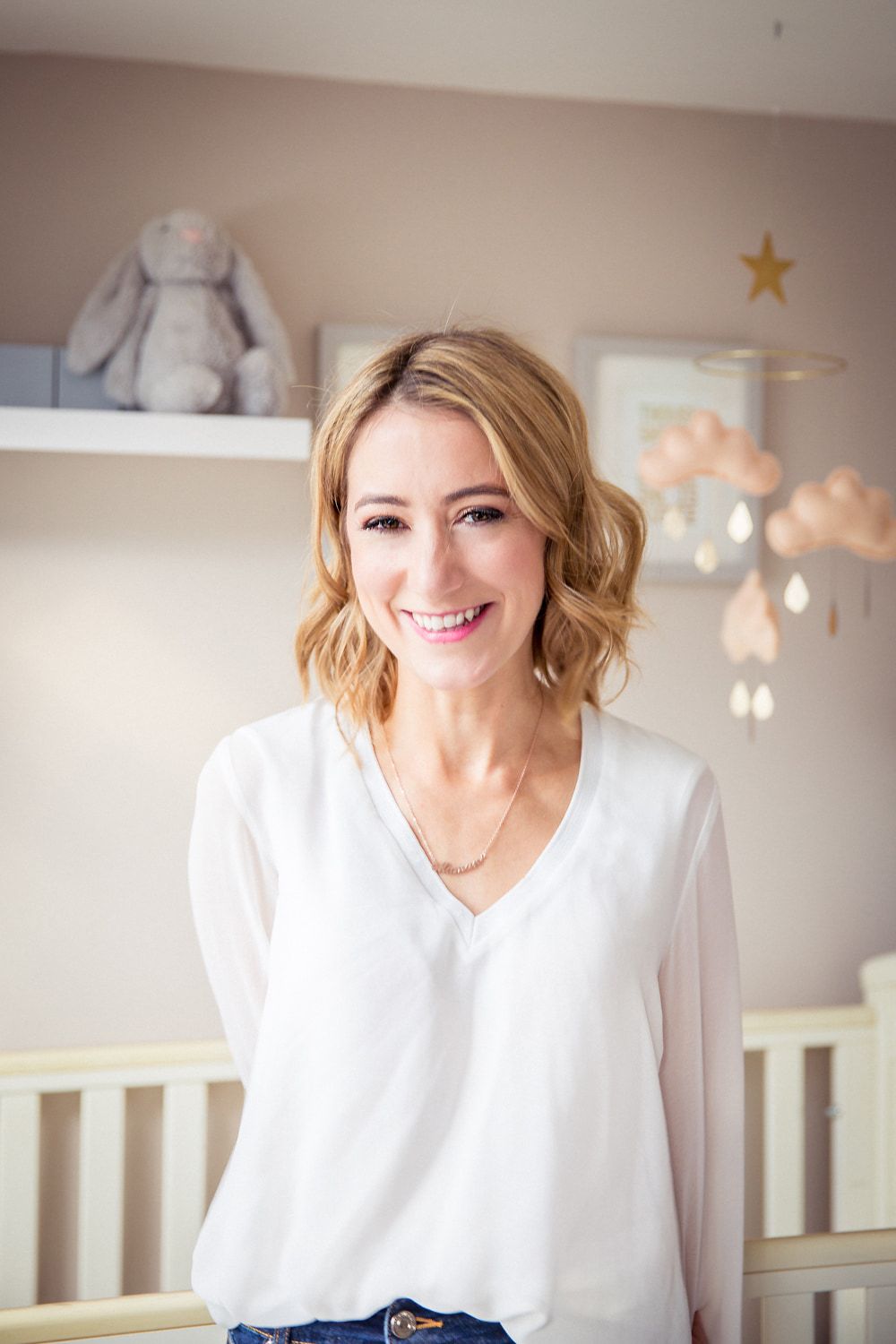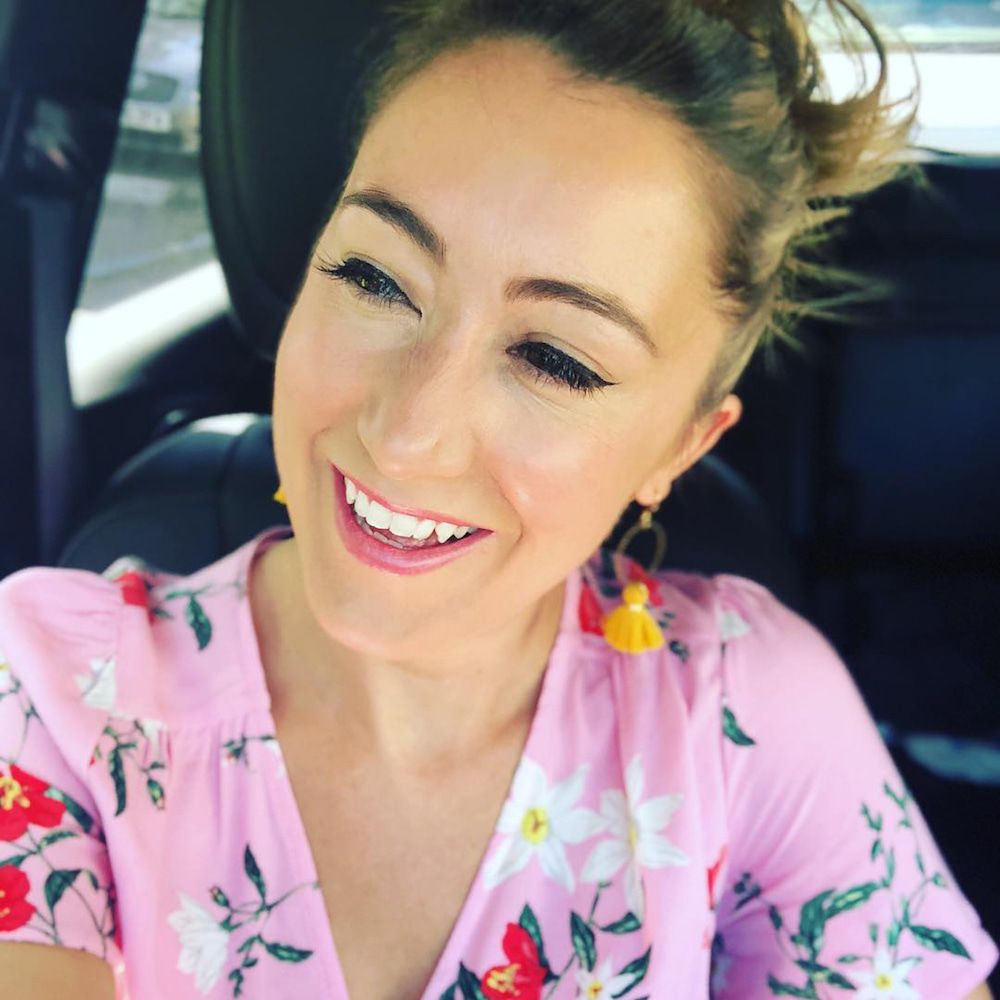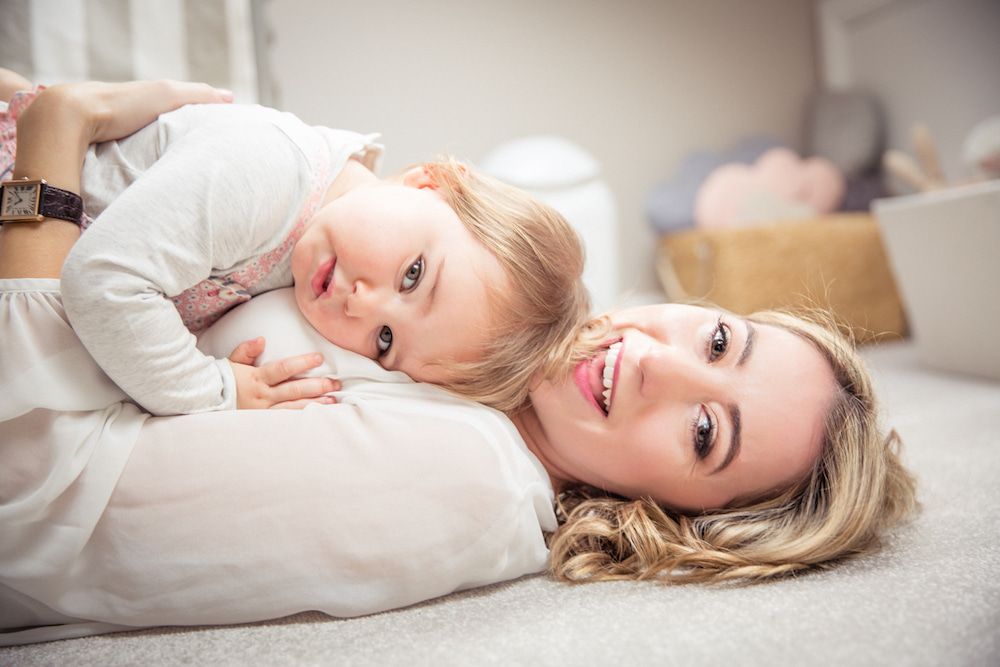
In the digital age, it’s all too easy to become a slave to social media, particularly when more and more of us are utilising it to build our brands, and follow our passions. How can we switch off? We chat to Jo Love (mental health advocate, and founder of Lobella Loves and PND Tea events) about the perils of burnout, screen time sabbaticals, and Therapy Thursdays
I’m sat in a cafe with the person who has finally managed to settle a long-standing dispute between my husband and I on the subject of who is the worst culprit when it comes to excessive social media scrolling. It turns out it’s me, most definitely me, and thanks to my coffee companion for the afternoon, I now have the sorry evidence to prove it.
I’m with Jo Love, mental health advocate, founder of PND (Postnatal Depression) Tea events, and Lobella Loves. Jo laughs when I tell her about my findings, but we quickly both fall into praising the ScreenTime app she introduced me and many others to, through her Instagram account. The app shows how much time you spend on your phone, and the sites you linger on. It’s a real wake-up call when you understand the toll your scrolling is taking on the precious little downtime you have in your day.
Along with sharing this invaluable hack, Jo has started an Instagram campaign encouraging her followers to embrace “Switch Off Saturday” – making one day of the week scroll free. It’s a call to in-action that was triggered by her own experience of downing social media tools, after a major realisation that she needed a break, prompted by a discussion with her counsellor.

Photography | Nancy H Gibbs
“My counsellor told me that she’d been worried for some time, and felt that we’d reached a critical point; that I was destroying myself,” Jo says. “I had burnout and I knew I needed to take a step back – but I was petrified about doing so. I felt I had to be on social media, or my engagement would drop, and that wouldn’t have a good effect on my mental health either. I needed to keep my presence up, as well as being a mother, a wife, a friend, a business person, and all the other plates we try to spin.”
This conflict is understandable. Jo has built up a deeply engaged social media community and online business, following what was one of the toughest times in her life.
After having her daughter, Jo experienced PND, and was subsequently diagnosed with PTSD, as a result of the trauma she experienced in her daughter’s early months. However, Jo turned her experience into a force for good. She left her job as a lawyer to develop Lobella Loves, an online marketplace that gives money from every sale to charities who support women with perinatal mental ill-health, and organised PND Tea events to bring groups of mothers, along with mental health professionals, together in a safe environment to talk.
Jo also launched the Depression Wears Lippy campaign in 2017 to extend the conversation about what depression can look like, urging people not to judge someone’s mental state by their appearance. She’s done all of this in the past few years, as well as speaking at mental health events, and keeping up with her Instagram community.
So, understandably, Jo was hesitant to step away from the online world she’d carefully cultivated, telling her counsellor about potential issues with engagement and algorithms, unsure it was even possible to pause her content sharing.
“She said to me: ‘If you had a normal job, I’d be recommending that you had a four-week break.’ That’s when it hit me, the severity of the situation. We agreed a break of one week as that’s what I thought was realistic and manageable.”
Jo didn’t start her switch-off immediately. She went to Feastival – a festival in Oxfordshire where Lobella Loves had a stall. After a stunningly hot summer, the heavens opened and it rained continuously. To add insult to injury, sales were disappointing, her tent leaked, she had a puncture on the way home, and the roof box on her car burst open, spewing stock all over the road.

As she tells me about the this, I imagine her alone, cold, wet and on the side of the road – feeling every inch of the burnout she had discussed with her counsellor days before. “It was like I had entered this vortex of negativity that weekend. After that, I had to be honest to myself – I needed that break, I just felt terrible.”
It’s not surprising that Jo disconnected from social media shortly after this happened. She wrote a post, telling her followers why, admitting to her concerns about sales, finishing with: “But none of that really matters when you feel like you’re falling apart at the seams. See you on the other side.”
And how was switching off?
“Wonderful,” Jo beams. “The hardest thing wasn’t coming off social media, or reaching for the phone. It was learning what I should do with my time instead – when you’ve been going a hundred miles an hour for so long, it’s hard to stop, but gradually I learned to.
“I read Matt Haig’s Notes on a Nervous Planet, went to yoga, sat in my local cafe, without a laptop, phone, or notebook. I felt so connected with the world, and for the first time in a long time I was having proper conversations with people, and not thinking about content or when I’d check my DMs.”
And when Jo returned to social media, just over three weeks later, she had a wonderful response. Upon posting about the catalyst for her break, she received hundreds of messages of support. After social media silence, Jo confesses, the continuous dopamine hits from these comments had her glued to her phone for the entire morning. This is when she knew that she had to find a way to move forward with social media that was healthy, and more sustainable – hence the creation of Switch Off Saturday.
Towards the end of our conversation, talk turns to Therapy Thursdays, the Instastories Jo posts before and after visiting her counsellor. I ask what inspired these?
“I was talking about my counselling anyway, and getting so many questions,” Jo responds. “Obviously I couldn’t film my sessions, but I could talk about counselling around them. It’s normally a quick sound-bite as regurgitating the whole session wouldn’t be good for my own boundaries, but the posts always get a massively positive response.”

Photography | Nancy H Gibbs
With the remaining stigma around counselling, Jo’s stories demonstrate the reality of therapy – it can be hard work and emotional at times, but it can also be incredibly helpful and empowering. She’s received messages from women who have arranged counselling for themselves after learning more about it from her, which just shows that social media has positive powers too.
Jo is clear throughout our chat that while she can signpost support, she’s not a mental healthcare professional, and social media is not the place for many important interactions. But she is keen to lend her voice to the wider conversation, in a boundaried way, wherever and however she can. I would say that she’s doing a brilliant job already.
Jo's company Lobella Loves is proud to donate money from every sale to charities supporting families experiencing perinatal mental health issues. Visit lobellaloves.com
To find a counsellor, or learn more about different types of therapy, visit counselling-directory.org.uk

